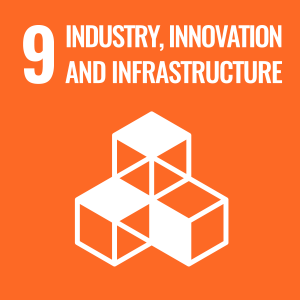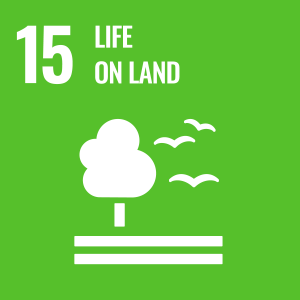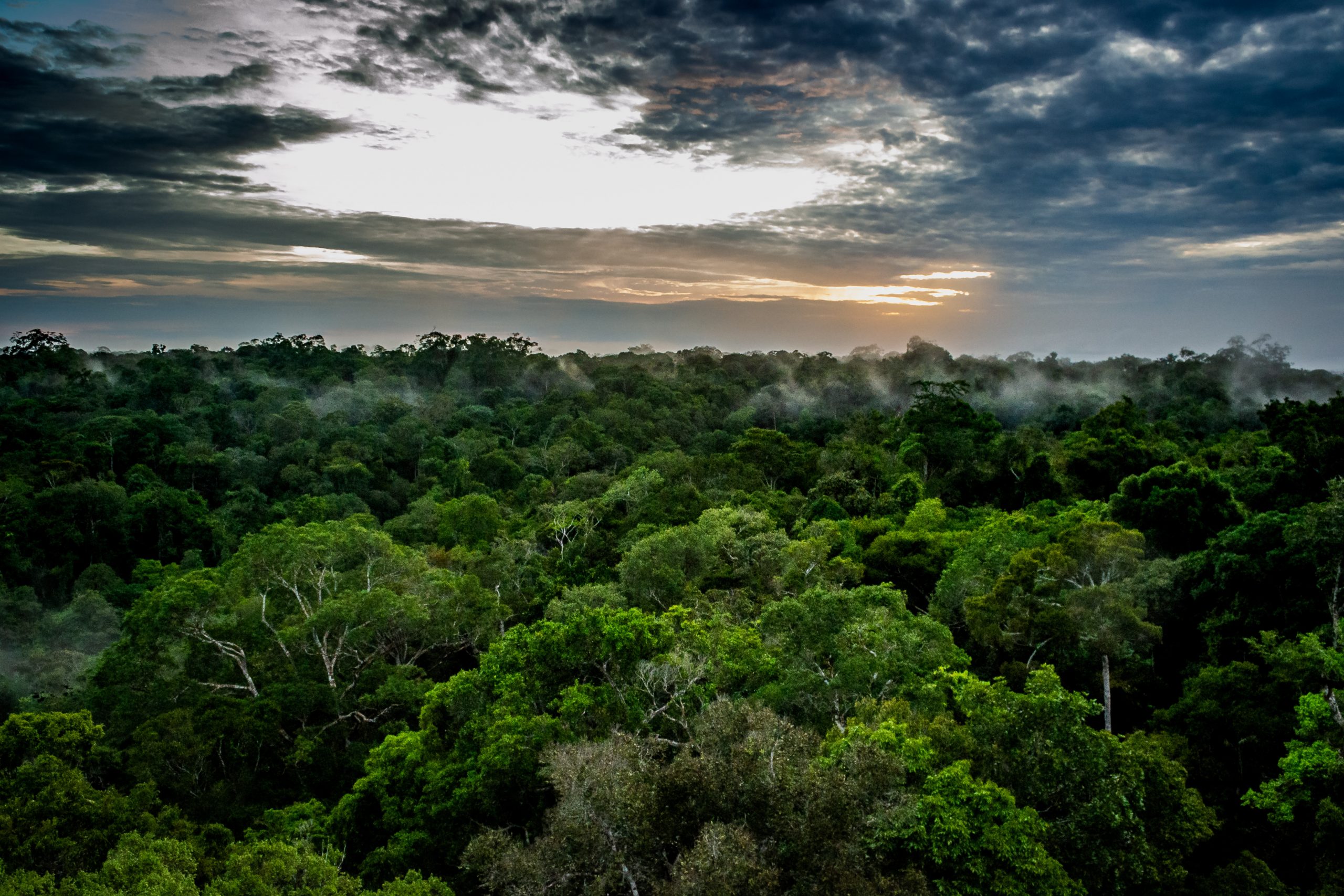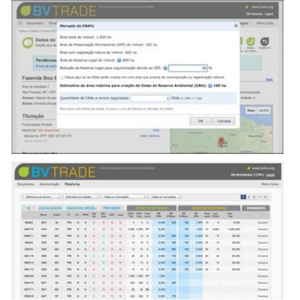Supporting the implementation of the Brazilian Forest Code
The Brazilian Forest Code established obligations related to the conservation of forest areas, including the maintenance of the Legal Reserve, forest replacement obligations and participation in the Rural Environmental Registry.
BVRio is a member of the Brazilian Forest Code Observatory (OCF), a network formed by 30 institutions that monitors and supports the implementation of the Brazilian Native Vegetation Protection Law.
In partnership with the OCF, we developed the Forest Code Portal, a tool linked to OCF, created to inform, reflect, promote transparency and contribute to monitoring the implementation of the Brazilian Forest Code.
The development of theoretical concepts, the regulatory basis, and the engagement of actors are necessary, but alone do not create sufficient conditions for market mechanisms to become a real instrument for implementing public environmental policies.
So, for the past decade, BVRio has worked to promote effective means of trading environmental assets, as a way of demonstrating the viability of the concepts.
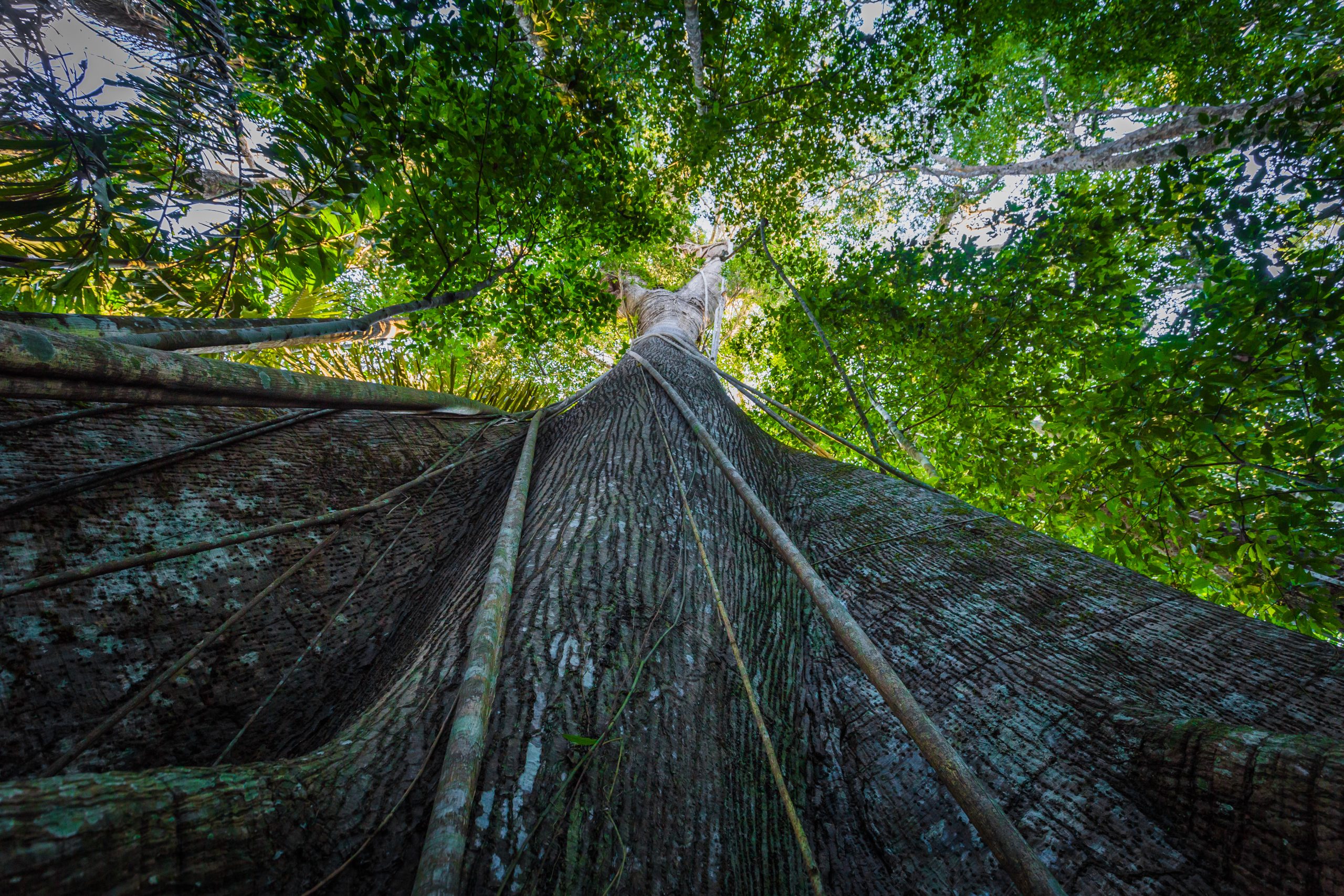
The Forest Code
The Brazilian Forest Code establishes obligations related to the conservation of forest areas, including the maintenance of the Legal Reserve, forest replacement obligations and participation in the Rural Environmental Registry (“CAR” – a national GIS of all farms in Brazil).
Legal Reserve, is an obligation created by the Forest Code where farmers are required to maintain a minimum area of native vegetation within their rural properties. Legal Reserve obligations can vary between 20% and 80% of the property, depending on the biome and the region where the property is located.
The law also establishes the obligation of Forest Replacement, that is, it requires that the extraction of forests from certain places, should be compensated by the establishment of new forests in other places.

Legal Reserve Credits (CRAs) market development
The Legal Reserve Credits (CRAs) is an innovative market mechanism created by the Forest Code. BVRio has been instrumental in promoting its use since 2012.
BVRio’s work with CRAs:
- Development of a trading platform, including standardised contracts to facilitate the negotiation of Legal Reserve Credits among landowners in the Brazil
- Promotion of the use of CRAs by landowners that have deficit of legal reserve in their lands
- Established partnerships with rural organisations, government agencies, and rural credit banks to promote engagement of landowners with the platform
- Supported the government agencies in regulating the legislation about the use of CRAs, and to the enforcement agencies, to ensure implementation of the law.
Conservation Area Offsets
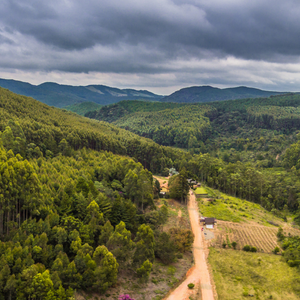
Another option for landowners to compensate deficit of Legal Reserve is by acquiring and donating areas within existing public protected areas.
The Conservation Area Offsets mechanism has great potential in the consolidation of protected areas managed by the government.
BVRio has promoted this activity by:
- Collaborating with state and federal environmental agencies to develop procedures to promote this instrument
- Identifying areas that can be consolidated to Conservation Area Offsets in various states (e.g., Amazonas, Pará, Mato Grosso do Sul, etc.)
- Development of a trading platform tailored for Conservation Area Offsets, launched in 2014, and promotion of its use among private landowners in priority conservation areas.
Awareness raising among landowners
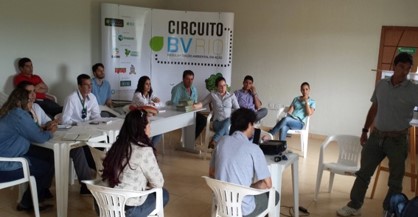
BVRio has conducted a series of awareness raising and information dissemination efforts with landowners in different parts of Brazil.
Activities to date have included:
- BVRio Circuit, a roadshow to raise awareness about the Forest Code and its obligations among landowners, that resulted in the engagement of thousands of farmers
- Participation in more than 150 conferences, seminars, and workshops in more than 50 municipalities
- 5 workshops with state government teams in Amazonas, Pernambuco, Minas Gerais, São Paulo, and Porto Alegre
- A series of side events at Rio+20.

Capacity building in enforcement agencies
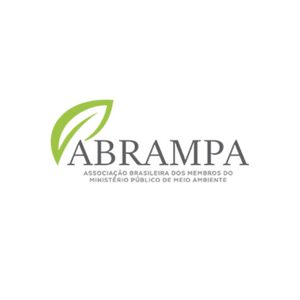
With a view to strengthening the enforcement of the Forest Code, BVRio established a partnership with the Brazilian Association of Environmental Public Attorneys (ABRAMPA).
A series of activities were conducted jointly with ABRAMPA and The Forest Code Observatory:
- Development of a training course to public attorneys involved with the enforcement of the Forest Code
- Held annual seminars to discuss advances in the implementation of the law
- Promote webinars on the legal challenges to implementing the Forest Code in different states and biomes.
Legislation analysis and advocacy
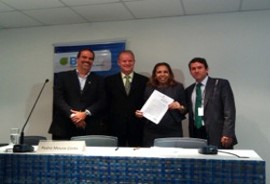
In addition to our work with landowners and enforcement agencies, BVRio has also worked closely with state and federal government agencies to assist in developing the tools and capacity for implementation of the Forest Code.
Activities have included:
- Collaborating with state-level legislators to develop implementing regulation
- Elaborating and reviewing drafts of guidance, decrees, and normatives
- Engaging and training different stakeholders to get involved in regulating the Forest Code.

Forest Code Observatory and Portal
To assist civil society to oversee implementation of the Forest Code, BVRio developed the Forest Code Portal in partnership with the Forest Code Observatory.
This online portal was designed to inform, analyse, promote transparency. It consolidates all the relevant information sources for verifying compliance with the Brazilian Forest Code in one place and includes dashboards on the status of State Environmental Regularization Programs and about the engagement of private companies in the implementation of the Forest Code.
The Portal is available in English and Portuguese.
Visit the PortalCurrent initiatives in this area

Planaflor
The national sustainable development plan for Brazil promoting environmental, economic and social assets from the effective implementation of the Brazilian Forest Code.

SIMFlor
Recognising the importance of the conservation and restoration obligations of the Forest Code, BVRio and partners created SIMFlor – a programme to provide financial support to landowners to conserve existing native vegetation in their land.
SDG Alignment

